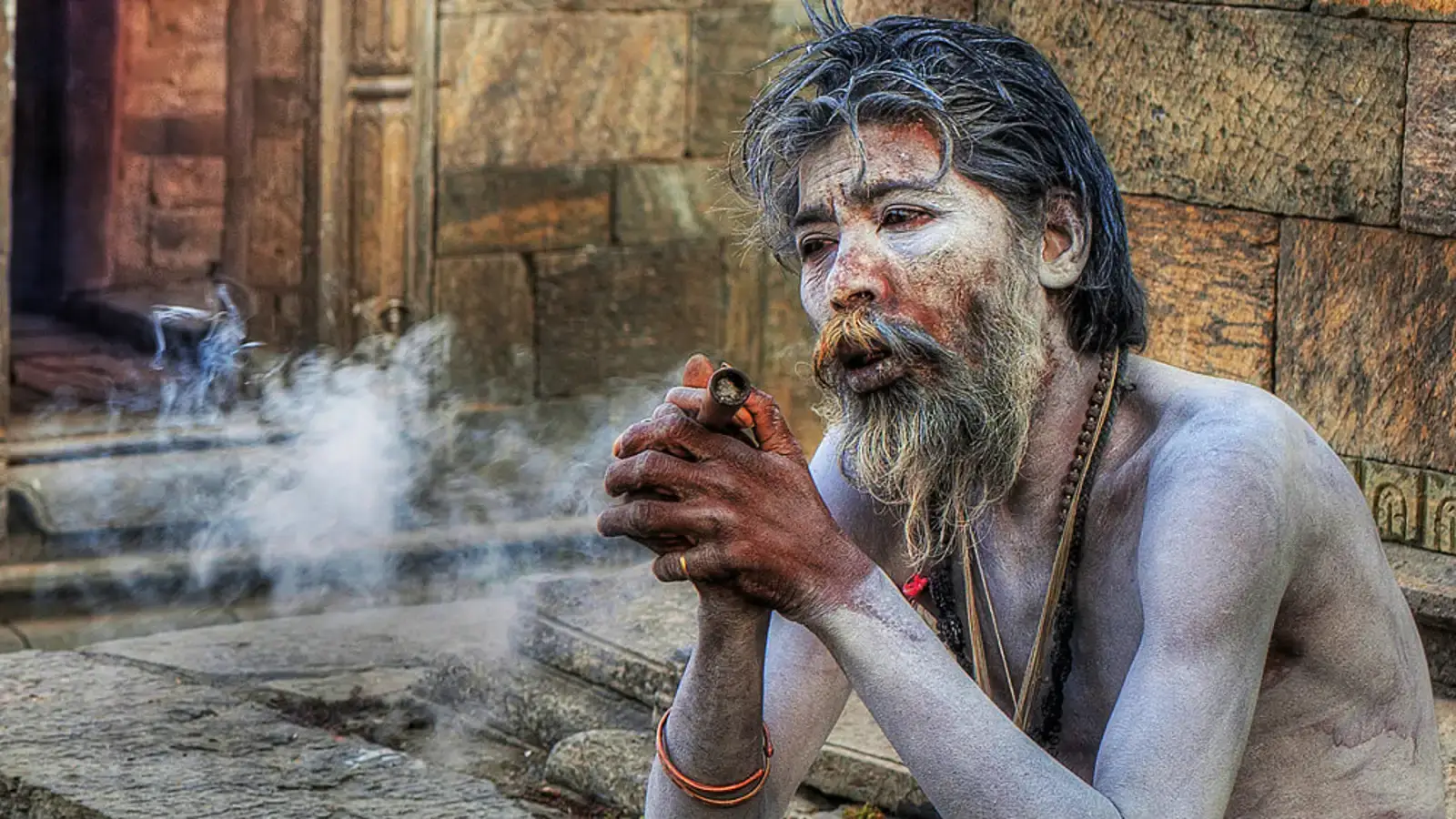Cannibalism refers to the act of one member of a species consuming all or parts of another member of the same species as food.
In a human context, it refers to one person or a group of people eating human flesh or organs.
Throughout history, there have been communities and individuals who engage in cannibalism for cultural, religious, medical, or survival reasons.
Even though it is generally considered taboo and is banned in most countries today, we continue to hear reports of individuals who chop other people into pieces or remove their organs and eat them.
As shown in films and TV shows such as In The Heart Of The Sea and The 100 respectively, individual groups of people have resorted to cannibalism for survival.
However, in this post, I will discuss tribes in Africa who have embraced cannibalism in the past and present, as well as individuals who have taken part in this act.
1. Basuto
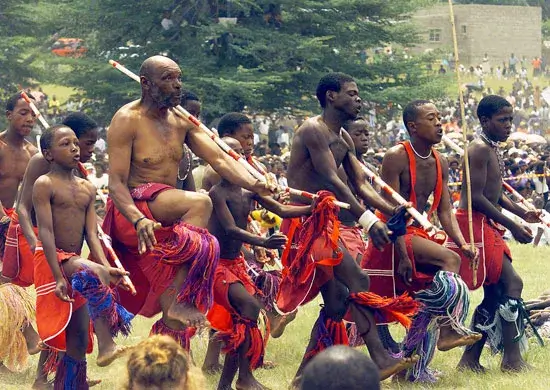
The Basuto tribe is a Bantu ethnic group that primarily resides in the mountainous region of Lesotho, which is a small country enveloped by South Africa.
The history of the Basuto tribe dates back to the late 16th century when the tribe migrated from Central Africa.
The Basuto tribe has a strong sense of cultural identity preserved through their traditional practices, customs, and beliefs.
In the years prior and leading to the late 19th century, the Basuto community had minimal involvement in cannibalism.
2. Ashanti
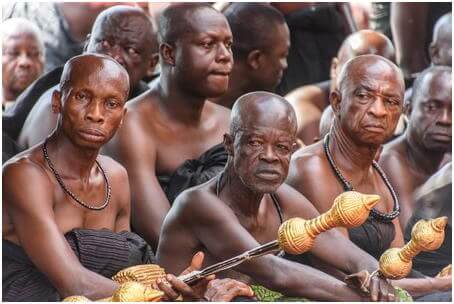
The Ashanti tribe was a major ethnic group in present-day Ghana during the colonial era.
They had established a powerful kingdom controlling a significant portion of West Africa.
The tribe gained wealth from the trade of gold and enslaved people, which helped them build a powerful army and empire.
The Ashanti people had a history of cannibalism in the years leading up to the 19th century.
3. Kakongo
The Kakongo people lived in Central Africa during the 19th century.
They were part of the larger Kongo kingdom, which was a powerful and influential empire that spanned across Angola, Congo, and Gabon and practiced slavery.
During this period, the Kakongo people were known for their unique culture, traditions, and social structures.
They worshipped their deities through various rituals, ceremonies, and sacrifices.
The Kakongo people have not practiced cannibalism since the late 19th century.
4. Kissama

The Kissama tribe, also known as the Kongo tribe, lived in what is now Angola and the Democratic Republic of Congo.
The tribe had a unique social structure, with a king who ruled over multiple villages and clans.
The Kissama people practiced animism and believed in the power of spirits and ancestors.
During a time when the slave trade and European colonization impacted the tribe in the 19th century, members of the tribe were forced into slavery, while others joined resistance movements against colonial powers.
At the time, human cannibalism had spread within the tribe, and community members partook in the practice.
5. Mangbetu
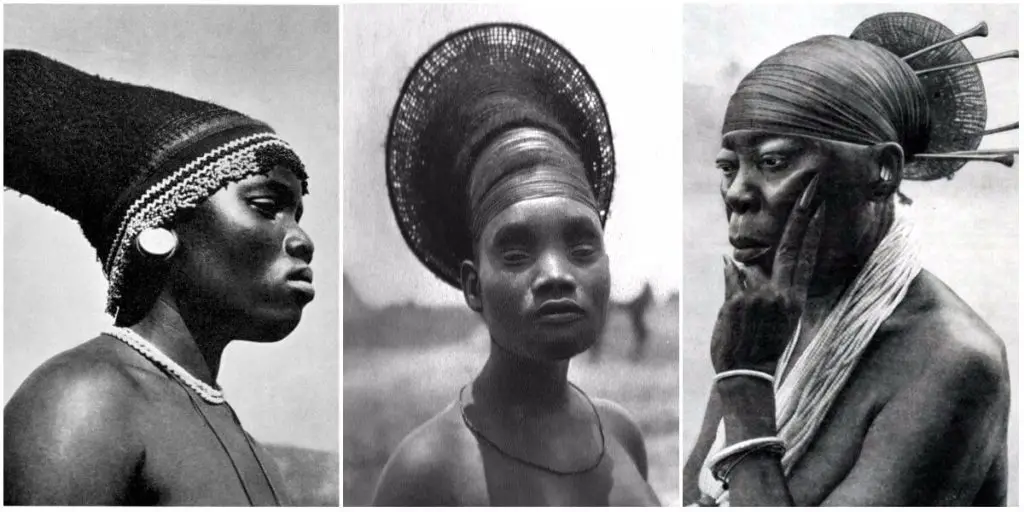
The Mangbetu are an ethnic group living in the northeastern region of the Democratic Republic of the Congo.
They have an elongated skull and are known for their unique culture, which includes distinctive hairstyles, music, and dance.
During the colonial era, a man named Georg A. Schweinfurth was one of the people who witnessed cannibalism acts by the Mangbetu tribe on several occasions.
6. Manyonoa
The Manyonoa people lived in what is now known as Zimbabwe in the 19th century.
They were farmers and skilled ironworkers trading their goods with other nearby groups.
They were known for their beautiful pottery and for their use of iron to create tools and weapons.
Before colonialization, the Manyonoa people viewed cannibalism as a norm and took part in it as a society.
7. Matabele
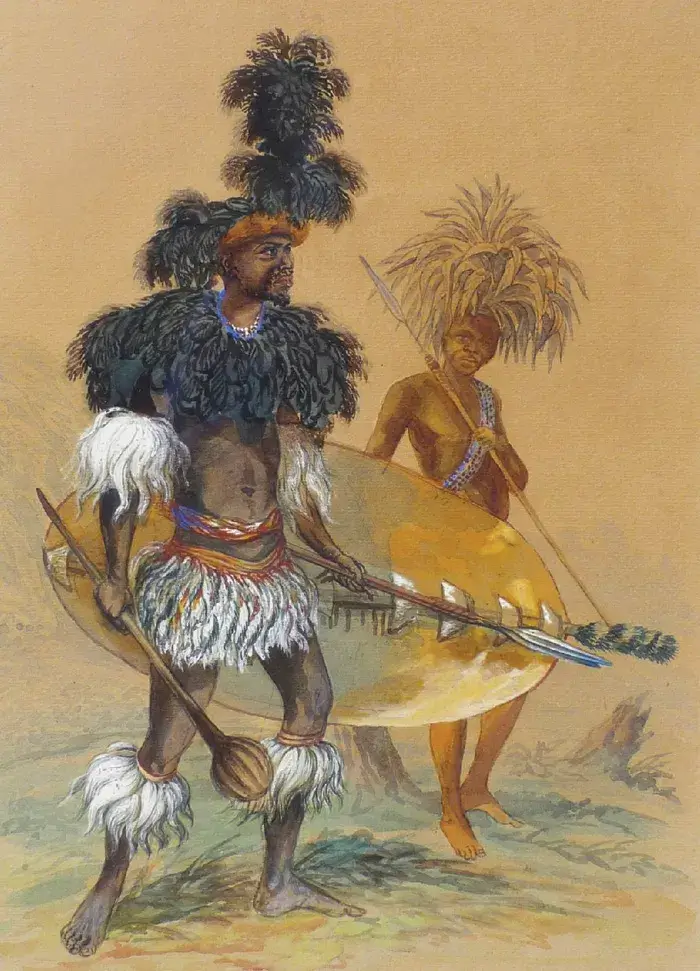
The Matabele tribe was a sub-group of the Nguni people who lived in the southern regions of Africa, primarily in what is now Zimbabwe.
The tribe was founded in the early 19th century by a Zulu warrior named Mzilikazi.
The tribe fully took part in cannibalism acts prior to colonization.
8. Flups
The Flups tribe was one of the many ethnic groups that inhabited the African continent during the 19th century.
They were located in the southern part of present-day Senegal, along the banks of the Casamance River.
Regarding religion, the Flups were predominantly animists, believing in the existence of spirits, ancestors, and supernatural beings.
They had their own set of rituals, ceremonies, and festivals, which were aimed at appeasing these entities and maintaining harmony within the community.
Though it was to a limited extent, the Flups were historically believed to have participated in cannibalism before the colonial era.
9. Mbangala
The Mbangala tribe is an ethnic group found in the Central African region.
The tribe has a rich culture and history that dates back centuries before the colonial era.
At the time, the tribe fully participated in cannibalism. It is unclear whether they still engage in this practice today.
Other Cannibalism Cases
Throughout the history of humankind, there have been known cases of cannibalism acts practiced by prominent individuals in society.
For instance, Sultan Sulayman of Mali would give slave girls to cannibal guests to be slaughtered for food.
His involvement in this practice didn’t represent the rest of the Muslim community since they didn’t practice cannibalism.
In the mid-1950s, a group known as the Leopard Men would dress up in leopard skin and hunt travelers for food, then they would chop them up and distribute the flesh to members of their society.
People also ate the flesh of the bodies of defeated warriors after a war. For instance, participants in the First and Second Liberian Civil War and Sierra Leone Civil War would perform cannibal feast rituals.
The Ituri and Kasai people of the Belgian Congo also engaged in cannibalism in the 20th century.
An American man named Hermann Norden witnessed this when visiting the Kasai region in the 1920s.
Sadly, some in the Kasai region still participate in cannibalism, as evidenced in the 2016/17 violent conflicts.
RELATED POST: How Many Cannibals Are There In The World?
Closing Thoughts
These are just a few cases of cannibalism in Africa.
Most communities that engaged in this act as a cultural practice have adapted new ways and abandoned the hideous act.
However, there are still individuals and small groups who still engage in cannibalism in secret.
We must understand such ones don’t represent their tribe or race.

